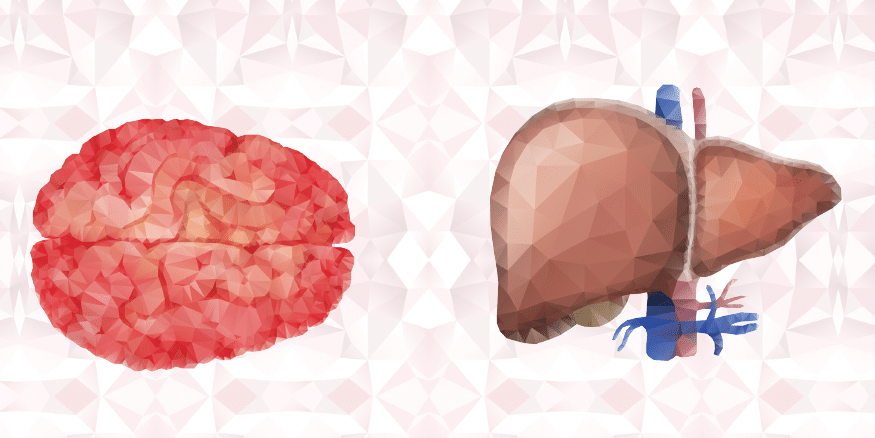
Hepatic encephalopathy is a serious medical condition that occurs when the liver is unable to properly filter toxins from the blood, resulting in a buildup of ammonia in the bloodstream. This buildup of ammonia can lead to a range of neurological symptoms that can significantly impact a person’s quality of life. Understanding the symptoms of hepatic encephalopathy is crucial for timely diagnosis and treatment.
In this article, we will explore the various symptoms of hepatic encephalopathy, from mild to severe, and discuss the importance of early detection and management of this condition.
Confusion and Disorientation
One of the most common symptoms of hepatic encephalopathy is confusion and disorientation. Patients may have difficulty concentrating, completing tasks, and remembering things. They may also appear forgetful and have trouble following conversations or instructions. In severe cases, patients may become completely disoriented and have difficulty recognizing familiar people or places.
If you or a loved one experience persistent confusion or disorientation, it is important to seek medical attention to rule out hepatic encephalopathy as a potential cause.
Personality Changes
Hepatic encephalopathy can also cause significant changes in a person’s personality. Patients may become irritable, agitated, or anxious for no apparent reason. They may also experience mood swings, depression, or apathy. These personality changes can be distressing for both the patient and their loved ones, and can significantly impact their ability to maintain relationships and carry out daily activities.
It is important to recognize that these personality changes are not just a result of the patient’s “bad mood,” but rather a symptom of an underlying medical condition that requires proper diagnosis and management.
Tremors and Difficulty with Movement
Another common symptom of hepatic encephalopathy is tremors and difficulty with movement. Patients may experience shaking or trembling in their hands, arms, or legs, making it difficult to perform fine motor tasks such as writing or buttoning a shirt. They may also have difficulty walking or maintaining their balance, which can increase the risk of falls and injuries.
If you notice that you or a loved one are experiencing unexplained tremors or difficulties with movement, it is important to consult a healthcare professional for a thorough evaluation.
Sleep Disturbances
Hepatic encephalopathy can also disrupt a person’s sleep patterns, leading to insomnia or excessive daytime drowsiness. Patients may have trouble falling asleep, staying asleep, or waking up feeling rested. These sleep disturbances can exacerbate other symptoms of hepatic encephalopathy, such as confusion and irritability, and can significantly impact a person’s overall well-being.
If you are experiencing persistent sleep disturbances, it is important to discuss your symptoms with a healthcare provider to determine if hepatic encephalopathy may be a contributing factor.
Slurred Speech and Difficulty Swallowing
As hepatic encephalopathy progresses, patients may also experience slurred speech and difficulty swallowing. This can manifest as difficulty forming words, speaking clearly, or swallowing food and liquids without choking or coughing. These symptoms can significantly impact a person’s ability to communicate effectively and maintain proper nutrition and hydration.
If you notice that you or a loved one are experiencing slurred speech or difficulty swallowing, it is important to seek medical evaluation to determine the underlying cause and appropriate management.












